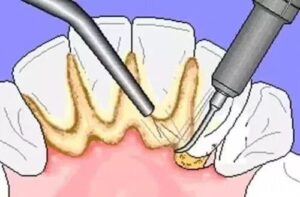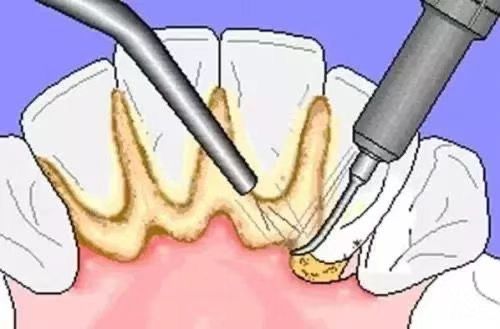Dental scaling, commonly known as “dental cleaning”, “prophylaxis”, “dental hygiene check”, is the precise removal of plaque bacteria from the tooth surface immediately beneath the gumline.
Many people fear getting their teeth cleaned. With the prodding, strange noises, and occasional jaw discomfort, it’s easy to understand their concern. Most people, however, find tooth cleanings to be simple and painless.
Knowing exactly what is going on during the process might help you relax and enjoy the minty-fresh results.
Now our teeth are clean, What should we do after teeth scaling?
- Avoid eating cold, hot, acidic, or sweet meals for 1 to 2 weeks following teeth cleaning.
- It is normal to experience tooth sensitivity. It is not suggested to smoke while drinking dark beverages such as strong tea, coffee, red wine, or soda.
- If you haven’t cleaned your teeth in a while, it’s common to notice a greater gap after cleaning them.
- It is common to experience bleeding after cleaning your teeth the day after scaling. People with significant gum redness and swelling should take antibiotics for three days.
- Your dentist may schedule a review appointment to check on your gums condition.
- To prevent gingivitis, schedule dental cleanings every six months to a year. If you have severe gum disease or periodontitis, your dentist may recommend dental scaling every 3 to 6 months. Speak with the local dental professional about your hygiene visit interval.

That’s it for now.
Comment below and let us know if you have any further questions.


